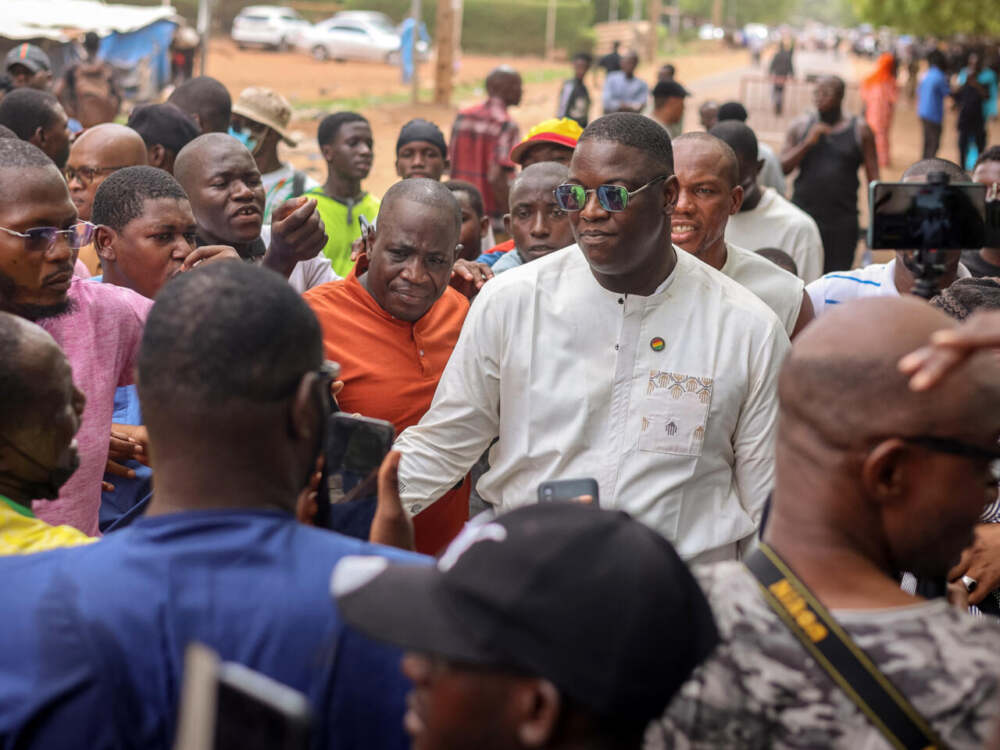Mali’s political future has been thrown into further doubt after the country’s military-led transitional government announced that long-promised elections will be delayed indefinitely. The decision comes at a critical moment, as the West African nation continues to grapple with security challenges, economic strain, and increasing isolation from international partners.
Background of the Transition
The military seized power in Mali in 2020, following mass protests and growing dissatisfaction with civilian leadership. A second coup in 2021 consolidated military control, with leaders pledging to return the country to civilian rule through democratic elections. Initially, polls were scheduled for early 2024, but deadlines have repeatedly been pushed back.
The Latest Delay
Officials now say logistical and security concerns make it impossible to hold credible elections in the near future. Islamist insurgencies continue to destabilize the northern and central regions, while disputes over voter registration and political participation have further complicated preparations.
The announcement has fueled frustration among opposition parties and civil society groups, who accuse the transitional authorities of using instability as a pretext to extend their grip on power.
Regional and International Reaction
Mali’s decision is likely to draw sharp criticism from the Economic Community of West African States (ECOWAS), which has been pressuring the junta to set a clear timetable for a return to democracy. Previous sanctions were only lifted after assurances that elections would take place. With this latest setback, renewed tensions with regional partners appear inevitable.
Western nations, many of which have already scaled back military and development support, are also expected to reassess their engagement with Mali.
What It Means for Malians
For ordinary citizens, the delay deepens uncertainty. Many Malians continue to struggle with rising prices, limited job opportunities, and the threat of ongoing conflict. The absence of a clear democratic path leaves the population increasingly disillusioned and weary of political promises.
The Road Ahead
Analysts suggest that without a genuine roadmap toward civilian governance, Mali risks further isolation while its internal crises worsen. Calls are growing for renewed dialogue between the transitional authorities, opposition leaders, and community representatives to establish a credible path forward.
For now, Mali remains caught between its promise of a democratic future and the reality of prolonged military rule—leaving its citizens to wait once again for change that has been delayed too many times.















Leave a Reply